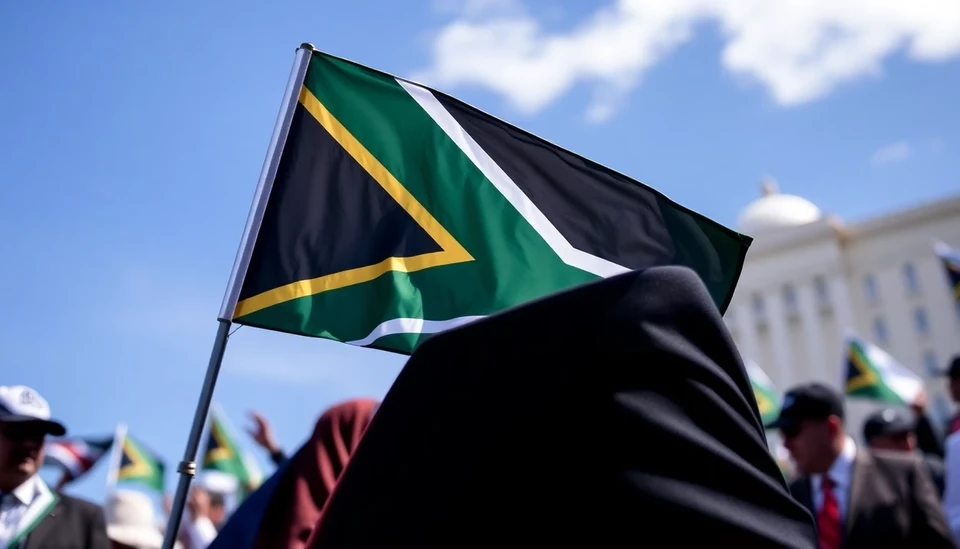
The South African rand has recently experienced a decline following the release of reports highlighting increasing tensions within the ruling coalition government. As investors closely monitor the political landscape, fluctuations in the rand's value are becoming more noticeable, reflecting the concerns surrounding the stability of the current administration.
Market analysts suggest that the weakening of the rand may be attributed to fears regarding the coalition's cohesiveness as discrepancies among the ruling parties emerge. Specifically, internal disagreements over key policy issues and governance approaches have raised eyebrows among economic observers, leading to a lack of confidence in the government’s ability to manage the economy effectively.
As the rand depreciated, it underscored the broader worries about South Africa's economic trajectory, especially in light of high unemployment rates and significant socio-economic challenges. Investors are particularly wary of potential policy shifts that might arise from ongoing coalition disputes, which could have ramifications for fiscal stability and growth strategies in the country.
In addition, economic indicators released recently have shown mixed results, further complicating the picture for the rand. While some sectors have shown resilience, the overarching sentiment remains cautious due to the ongoing political strife. This uncertainty is expected to influence foreign investment decisions, which are crucial for South Africa's economic recovery and growth prospects.
Political analysts argue that the coalition must address its internal divisions swiftly to restore confidence in both the government and the national currency. The rand’s performance is vital not only for the domestic economy but also for South Africa's standing in international markets.
As the situation continues to unfold, stakeholders from various sectors will be watching closely to see how the coalition navigates its challenges. The implications of their decisions will likely have far-reaching effects on both the rand and the overall economy moving forward.
Investors and citizens alike are hopeful that the ruling parties can come together rather than drift apart, which would ideally lead to greater economic stability and a more robust currency in the months to come.
Overall, the tensions within the coalition serve as a reminder of the delicate balance that must be maintained to ensure economic viability in a politically dynamic environment. The eyes of the nation—and indeed the world—are fixed on South Africa as it seeks to navigate this challenging period.
#SouthAfrica #Rand #CoalitionGovernment #Economy #Finance #PoliticalTensions #MarketTrends
Author: Daniel Foster




